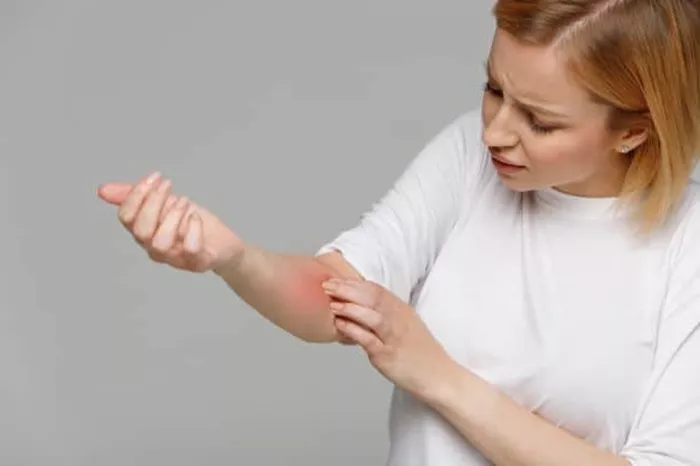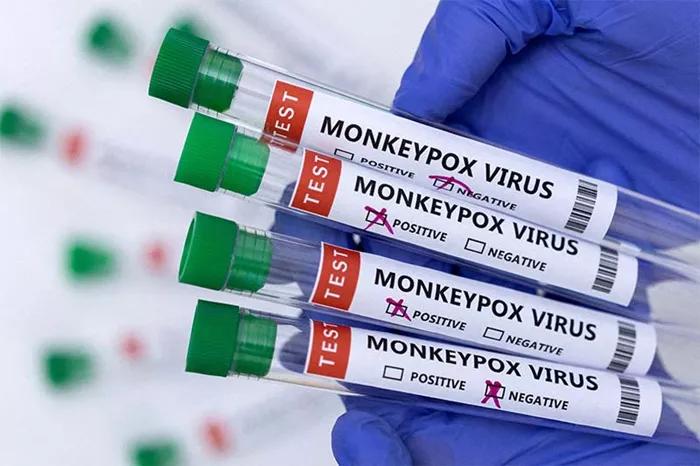Skin allergies can be an annoying and distressing condition. Itchy skin not only causes discomfort but can also lead to more serious issues if left untreated. This comprehensive guide will explore various methods to alleviate itching caused by skin allergies. We will delve into causes, treatments, and preventative measures to ensure you can manage and, where possible, cure skin allergy itching effectively.
Skin Allergy Itching
Skin allergy itching, also known as pruritus, is an unpleasant sensation that causes the urge to scratch. This itching is often a symptom of an allergic reaction, where the immune system mistakenly identifies a harmless substance as a threat. Common allergens include certain foods, medications, plants, and environmental factors.
Causes of Skin Allergy Itching
1. Allergic Reactions: Contact with allergens such as latex, nickel, or specific fabrics can trigger itching.
2. Food Allergies: Common allergens like peanuts, shellfish, and dairy can cause skin reactions.
3. Medications: Some medications can cause allergic reactions that result in itching.
4. Environmental Factors: Pollen, pet dander, and dust mites are frequent environmental triggers.
5. Skin Conditions: Eczema, hives, and psoriasis often involve itching as a symptom.
Diagnosis of Skin Allergy Itching
Consulting a Dermatologist
For an accurate diagnosis, consulting a dermatologist is crucial. They will assess your medical history, perform a physical examination, and possibly conduct allergy tests. These tests may include:
Patch Testing: Identifies contact allergens by applying small amounts of potential allergens to your skin.
Skin Prick Testing: Determines sensitivity to various allergens by pricking the skin with allergen extracts.
Blood Tests: Measures levels of IgE antibodies that indicate allergic responses.
Identifying the Allergen
Understanding the specific allergen causing your itching is essential for effective treatment. Keeping a diary of your symptoms, including potential triggers, can help your healthcare provider identify the cause.
See Also: Can Aloe Vera Cure Skin Allergy? All You Need to Know
Treatment Options for Skin Allergy Itching
1. Over-the-Counter Treatments
Antihistamines
Antihistamines are commonly used to alleviate itching caused by allergic reactions. They work by blocking histamine, a chemical released during an allergic response. Available as oral tablets, nasal sprays, or topical creams, antihistamines can provide quick relief.
Anti-Itch Creams
Topical creams containing hydrocortisone or calamine can be applied directly to the affected area. These creams reduce inflammation and soothe itching. They are particularly effective for mild to moderate itching.
2. Prescription Medications
Stronger Antihistamines
If over-the-counter antihistamines are ineffective, your doctor may prescribe stronger antihistamines. These medications are often more potent and can offer better control of severe itching.
Corticosteroids
Prescription-strength corticosteroids are used for more intense itching and inflammation. They work by suppressing the immune response and reducing inflammation. Your doctor will advise on the appropriate strength and duration of use.
3. Home Remedies
Cool Compresses
Applying a cool, damp cloth to the itchy area can provide temporary relief. This method helps reduce inflammation and soothe the skin.
Oatmeal Baths
An oatmeal bath can be soothing for itchy skin. Colloidal oatmeal, available in various products, can help calm the skin and alleviate itching. Simply add it to your bath water and soak for 15-20 minutes.
Aloe Vera
Aloe vera gel is known for its soothing properties. Applying pure aloe vera gel to the affected area can help reduce itching and inflammation.
4. Lifestyle and Home Care
Avoiding Triggers
Once you identify the allergens causing your itching, avoiding them is crucial. This may involve making changes to your diet, lifestyle, or environment. For instance, if certain foods trigger your allergies, eliminating them from your diet can prevent symptoms.
Moisturizing
Keeping your skin hydrated is essential for managing itching. Use fragrance-free moisturizers regularly to prevent dryness and maintain the skin’s barrier function.
Wearing Soft, Breathable Fabrics
Choose clothing made from soft, breathable materials to minimize irritation. Avoiding rough or scratchy fabrics can help reduce itching.
Preventing Skin Allergy Itching
1. Avoiding Known Allergens
The best way to prevent skin allergy itching is to avoid known allergens. This requires careful management of your environment, diet, and exposure to potential triggers.
2. Keeping Your Environment Allergen-Free
Regular cleaning and using air purifiers can help reduce environmental allergens. Keeping your home free from dust, pet dander, and mold is essential for minimizing allergic reactions.
3. Educating Yourself and Others
Understanding your allergies and educating those around you can prevent accidental exposure. Informing friends, family, and coworkers about your allergies can help them support you in avoiding triggers.
When to Seek Medical Help
Severe Reactions
If you experience severe itching accompanied by symptoms such as difficulty breathing, swelling of the face or throat, or a rash covering large areas of your body, seek immediate medical attention. These symptoms may indicate a severe allergic reaction or anaphylaxis.
Persistent or Worsening Symptoms
If your itching persists despite treatment or worsens over time, consult your healthcare provider. They may need to reassess your condition and adjust your treatment plan.
Conclusion
Skin allergy itching can be a challenging and uncomfortable experience, but with proper diagnosis and treatment, it can be managed effectively. Identifying and avoiding triggers, using appropriate treatments, and maintaining good skin care practices are key to alleviating symptoms. If you experience severe or persistent symptoms, seeking professional medical advice is essential for managing your condition. By understanding your allergies and implementing effective treatment strategies, you can find relief from the discomfort of itchy skin and improve your quality of life.
[inline_related_posts title=”You Might Be Interested In” title_align=”left” style=”list” number=”6″ align=”none” ids=”9572,9161,9151″ by=”categories” orderby=”rand” order=”DESC” hide_thumb=”no” thumb_right=”no” views=”no” date=”yes” grid_columns=”2″ post_type=”” tax=””]



































